TCATA Expands Annual Scholarship Program

INDIAN TRAIL, N.C. — The Textile Care Allied Trades Association (TCATA) reports it is broadening its investment in the textile care industry’s future workforce by expanding its long-standing scholarship program.
The organization, which represents laundry and drycleaning industry manufacturers, distributors and related trades, awards scholarships annually.
Its enhanced Educational Fund Collegiate Scholarship has been increased to provide $5,000 per year for up to four years, offering meaningful financial support to students pursuing undergraduate degrees.
Additionally, the program now includes two Vocational Scholarships to be awarded annually. Each provides $5,000 per year for up to two years for students seeking certifications through trade or vocational schools.
The application deadline is April 30.
The Vocational Scholarship addition reflects TCATA’s recognition of the growing importance of skilled trades and technical career pathways that support the textile care industry.
And by expanding its scholarship offerings, the Association reinforces its commitment to developing talent, supporting its member companies, and strengthening the industry’s future workforce.
“At TCATA, we believe investing in education is one of the most meaningful ways we can support our members and the next generation of industry leaders,” says Executive Director Luci Ward Pettys. “Whether a student chooses a four-year degree or a skilled trade pathway, we are proud to stand behind their ambition and help open doors of opportunity.”
To qualify for either scholarship, an applicant must be a full-time employee, or the child or grandchild of a full-time employee, of a TCATA member company in good standing for at least three years. The employee must have worked in a division related to textile care for over a year.
It’s desirable, but not mandatory, says TCATA, that those receiving scholarships select courses of study that will prepare them to participate in and materially contribute to the textile care industry.
Applications and detailed information have been mailed to TCATA members, and are available in English and Spanish from its website. TCATA says it encourages member companies to share the opportunity with eligible students and employees’ families.
Any program questions may be directed to Pettys at [email protected].

Creating Your Drycleaning Operations Manual (Part 2)
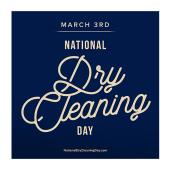
National Dry Cleaning Day Celebrates Industry’s Origins

Creating Your Drycleaning Operations Manual (Part 1)

DLI Offers New Courses, Regulatory Update Webinar in March

Drycleaning Workflow Optimization: Making Good Processes Great (Conclusion)
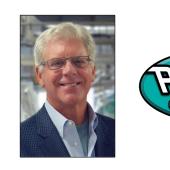
Puritan Cleaners Marks End of Era as Third-Generation Leader Retires
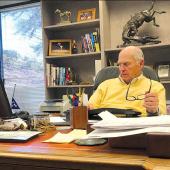
In Memoriam: John Riddle Sr., Former Clean Show Director

Drycleaning Workflow Optimization: Making Good Processes Great (Part 2)
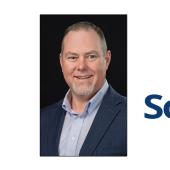
SonicAire Names Newton New Owner, President

Drycleaning Workflow Optimization: Making Good Processes Great (Part 1)
Podcasts for You
Workplace Violence & Prevention

After a deadly shooting at a textile care facility earlier this year, preventing workplace violence has gained a new focus for many dry cleaners. Carol Dodgen of Dodgen Security Consulting and Jay Juffre from ImageFIRST discuss warning signs, training, prevention and more.
What It Takes to Create a Drycleaning Plant

Jon Simon of Parkway Custom Drycleaning shares his experiences of starting a new plant, from selecting the location to moving his operations to setting up shop — along with the surprises he found along the way.
Workplace Violence & Prevention

After a deadly shooting at a textile care facility earlier this year, preventing workplace violence has gained a new focus for many dry cleaners. Carol Dodgen of Dodgen Security Consulting and Jay Juffre from ImageFIRST discuss warning signs, training, prevention and more.
From the Resource Center
Taking Your Drycleaning Service from Good to Great: A Practical Guide
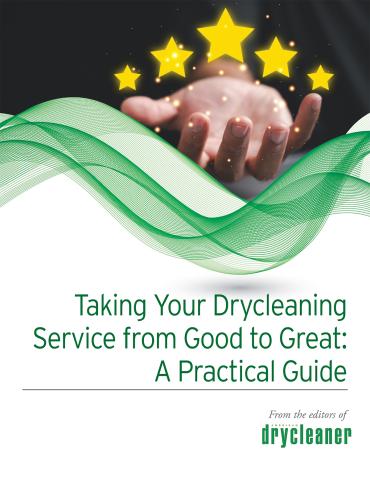
The Complete Spotting Guide & More

Attracting Customers & Increasing Profits—Drycleaning Marketing 101

Latest Digital Editions
Digital EditionAmerican DrycleanerMarch 2026

- Our 2026 Buyer's Guide
- CINET Launches Global Strategy Study Alongside Best Practices Awards
- Wrinkle in Time

